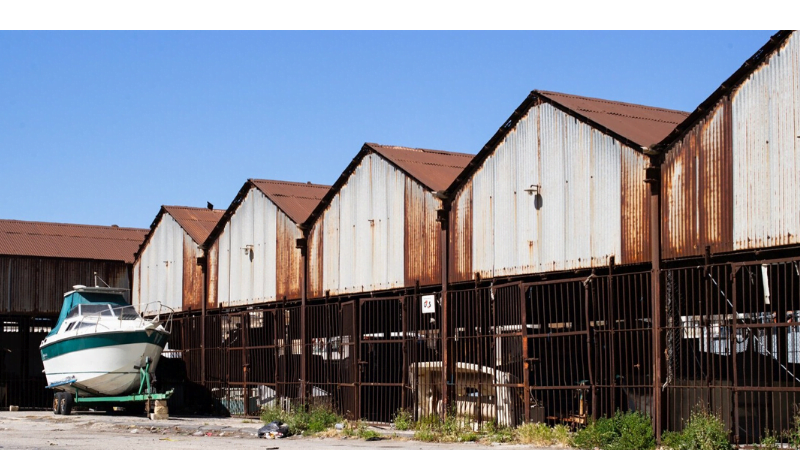A ‘businessman’ did not commission the assassination of journalist Daphne Caruana Galizia. A criminal did. A criminal who has such intricate business links with top government officials that her death was necessary for all to thrive.
A number of journalists have known the suspect’s identity for weeks. As journalists, we have to respect the space and time the authorities need to secure a conviction. When we do speak, and we do so in a controlled manner, it is to urge the authorities to do the right thing. Journalists, those true to their calling to seek the truth, act as a check and balance in a democracy, even on the police.
It is undeniable that those at the top levels of government have known the information, which some journalists have understood in recent weeks, for far, far longer. It was a concern on lack of action that pushed journalists to release information that indicated knowledge of the suspects. Up until today, newsrooms had acted responsibly.
We also knew the name of the man arrested last week and we knew his connections, too. He was arrested on charges not related to the assassination, so we had to respect that investigators needed the time to do their job.
We also know the names of the other middlemen who the police have not yet rounded up. We are not announcing them for the same reasons.
Unfortunately, newsrooms in Malta insist on following the competitive instinct of being the first with the story. We are more interested in ensuring that justice is done. No amount of clicks on any story would lead us to risk jeopardising investigations.
Yet Malta Today decided to announce the name of the middleman referred to in an earlier story by The Times of Malta. The Prime Minister followed with a statement to the press.
Prime Minister Joseph Muscat told the press following the morning news reports that he had granted a conditional presidential pardon to “a person” suspected of acting as the middleman in Caruana Galizia’s assassination.
The suspect would only be granted a presidential pardon on condition that he provided the authorities with all the information he had at hand, together with corroborating evidence that would lead to the prosecution of the mastermind in court, Muscat added.
Speaking to the media at Castille, Muscat said the man was arrested last Thursday as part of a separate police operation looking into money laundering that was carried out in collaboration with Interpol.
“The person showed the intention — after some time in police interrogation — that he wanted to collaborate and that he had evidence to prove his testimony. The person, through his lawyers, requested a presidential pardon for all the possible pending cases against him in exchange for speaking out,” he said.
The Prime Minister added that he had consulted with the Attorney General and investigating authorities and agreed that a “blanket immunity” could not be granted without knowing what information he could provide and what other cases he could be involved in.
Muscat signed a letter giving the suspect the guarantee that, together with the competent authorities, he would be recommended for a presidential pardon subject to the information and evidence he provided that could stand up in court. He said he would shoulder responsibility for this move.
The Prime Minister appealed for prudence — especially since the informant will be speaking to the police over the next few days while under heavy police protection.
None of this deters from the need for an independent and impartial public inquiry, which would look into how the assassination could have been prevented, how similar murders can be avoided in future and what needs to be done to ensure that high level corruption cases such as those disclosed by Caruana Galizia are properly investigated without journalists having to risk their lives.
Who is Melvin Theuma?
The person arrested is Melvin Theuma, 41 from Birkirkara, who was not one of the original 10 arrested on 4 December, 2017. Reportedly working as a taxi driver, Court records show that Theuma has been accused in the past of usury (loan sharking), although it is unclear whether he was ever convicted. A civil case started in 2010 also includes claims by a witness in open court that Theuma drew a gun on someone to force them to sign a private agreement recognising a debt due.













